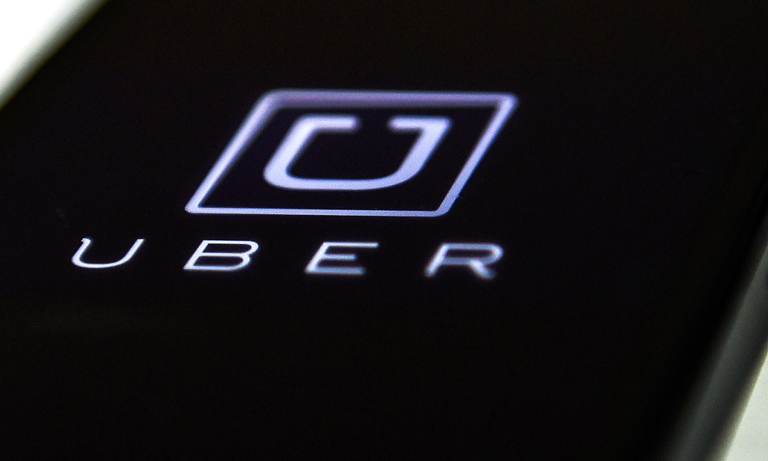 Uber has lost an appeal against a 2016 employment tribunal ruling
Uber has lost an appeal against a 2016 employment tribunal rulingUber has announced that as of June 2018, the company will now give its European couriers and drivers somewhat of a safety net against sickness or injury, as well as limited maternity/paternity payments.
The app-based taxi company will also provide one-off payments if members suffer a bereavement or have to participate in jury duty. This health, family and ‘life events’ insurance policy will be free for the ride-hailing company’s drivers who have managed to make at least 150 trips over the prior eight weeks, and to couriers for Uber Eats who have made at least thirty deliveries over the same period of time.
Provided by AXA, payments for sickness or injury are to be capped at £1,125 after a week of the driver becoming incapacitated, while maternity/paternity payments will be £1,000. This is in addition to a £7,500 medical cover one-off payment, and £50,000 for a work-related permanent injury. While these sums may seem relatively small under such circumstances, they come some way towards helping members participating in Uber’s gig-based employment system in their times of need. Many will think this is a move in the right direction, but it is still a far cry short of what many have been lobbying for: guaranteeing drivers’ and couriers’ employment rights in full.
James Farrar, a leading member of the Independent Workers Union of Great Britain (IWGB), thinks that this gives Uber an easy “PR win”, but doesn’t deal with the fundamental issue of Uber’s attempts in court to stop IWGB from pursuing them to give its drivers the full rights that might be required of most employers.
This move comes at a time when a number of controversies and decisions by numerous UK cities (around 70,000 drivers or couriers are based in the UK) to refuse license renewals to Uber, and thus is seen as part of Uber’s attempt to placate concerns, and demonstrate that the company wants “better partner” status with its members. TfL, for example, withdrew Uber’s operating licence effective 30 September 2017, a decision that Uber has appealed, and in turn Uber has been permitted to operate while a decision is made on its appeal.
Uber believes that members of its service prefer to act as self-employed agents, but in a recent public announcement, Uber’s chief executive officer Dara Khosrowshahi has admitted that although the company calls its members “partners”, the company did not necessarily act as though this were the case. Uber’s upcoming court hearing date in late-June with respect to its appeal may also have something to do with this recent announcement.
Sceptics might argue that this seems like a very small move towards being a real partner in a highly unbalanced negotiating position. Indeed, unions have also queried whether this package is really ‘new’ given that Uber announced illness and injury cover for its members in April 2017, albeit previously for a £2 per week charge, which has now been removed. However, proponents might argue that in a free market, Uber has provided a source of income to many who, whether for want of flexibility, part-time work, or otherwise, are more than happy to take what Uber is offering, without further ado, and this change makes Uber an all-the-more attractive opportunity.
Recruiters love this COMPLETE set of Accredited Recruitment & HR Training – View Training Brochure








